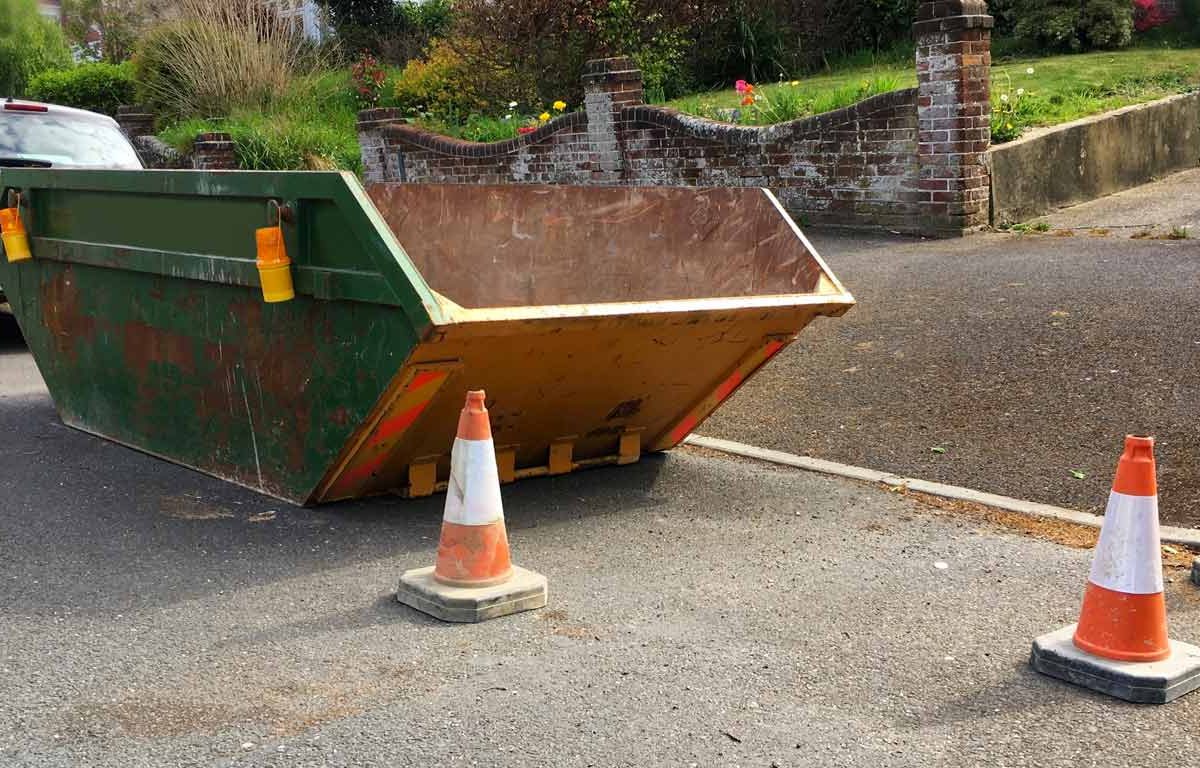
Skip Hire Permits | When Do I Need One?
When it comes to efficient waste management during home renovations, construction projects, or garden clear-outs in the UK, skip hire services offer a convenient solution. However, it’s important to understand the regulations surrounding skip hire permits to ensure compliance with local laws. In this blog post, we will demystify UK skip hire permits, providing you with the essential information you need to navigate the process smoothly.
- What are Skip Hire Permits?
Skip hire permits, also known as skip licenses, are legal authorisations required by local authorities in the UK for the placement of skips on public roads or council-owned land. These permits ensure that skips are positioned safely and do not obstruct traffic or cause any potential hazards.
- Why are Skip Hire Permits Necessary?
a. Public Safety: By obtaining skip hire permits, local authorities can assess the proposed skip location to ensure it doesn’t compromise road safety, pedestrian access, or visibility for drivers. It helps prevent accidents and ensures the smooth flow of traffic.
b. Environmental Impact: Skip hire permits enable local councils to monitor waste management practices and ensure proper disposal and recycling of materials. They play a crucial role in promoting responsible waste management and protecting the environment.
- When Do You Need a Skip Hire Permit?
Skip hire permits are typically required if you plan to place the skip on a public road, pavement, or any other council-owned land. If the skip is to be positioned entirely on private property, such as a driveway, a permit may not be necessary. However, it’s important to check with your local council or skip hire provider to determine the specific requirements in your area.
- Skip Hire Companies and Skip Hire Permits:
Reputable skip hire companies in the UK take care of obtaining skip hire permits on behalf of their customers. Here’s a simplified overview of the process:
a. Permit Assessment: The skip hire company assesses if a permit is required based on the skip’s placement location.
b. Permit Application: They handle the paperwork and application process, providing necessary details and paying the permit fee.
c. Permit Approval: The skip hire company manages communication with the local council and ensures a timely response.
d. Compliance and Placement: Once approved, they ensure the skip is placed in accordance with permit guidelines.
- Tips for a Smooth Permit Process:
a. Plan Ahead: Factor in the time required to obtain a skip hire permit when scheduling your project. Applying well in advance will allow for any potential delays in the permit approval process.
b. Work with a Reputable Skip Hire Provider: Experienced skip hire companies are well-versed in permit requirements and can assist you in navigating the process. Choose a reliable provider who can guide you through obtaining the necessary permits.
c. Follow Permit Conditions: Once you receive the skip hire permit, ensure that you adhere to any specified conditions, such as the permitted skip size, placement guidelines, or time restrictions.